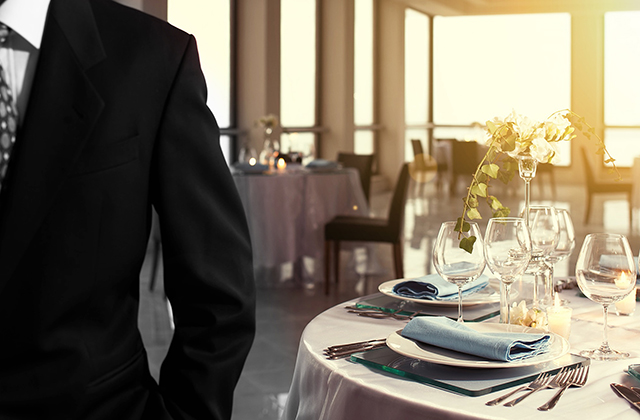Compared to other business opportunities related to food and beverages such as restaurants and cafes, catering generally involves much lower startup costs.
Startup costs will depend on how big you want to go with your catering business. You can get away with spending under $1000 dollars by buying a few things for your home kitchen or you can spend as much as $100,000 to kit out a commercial kitchen.
When it comes to determining how much funding you will need to start a catering business you should consider initial startup costs as well as ongoing operating costs. You may not make enough profit to cover operating expenses during your first few months so you may need to set aside funds for these as well. Operating expenses could include rent or wages paid to employees among other things.
Don’t forget that you will also need funds to cover your living costs during the first few months of your businesses life. With a new business it may be a while before you are able to pay yourself a wage or take profits.
Below we have set out some typical catering business startup costs.
Licenses and Permits
Contact the health authorities in your state and find out about getting a ‘food establishment license’. There could also be other red tape to go through such as taking a short course to become certified in food management.
It is important to know what costs you will be facing in order to comply with all local regulations relating to businesses that handle and serve food.
Kitchen and Equipment
The main startup costs are associated with getting access to working premises with a kitchen and the right equipment.
In terms of a work place, a home kitchen is the cheapest option but is often not suitable. Having access to a commercial kitchen will quickly become essential if you are catering to events of a decent size. Most off-premise caterers rent time in a commercial kitchen that is used by a number of caterers and food preparation businesses. Making an arrangement with a restaurant owner to use their facilities during their off-hours can also be a reasonably cheap way to get access to a working space and commercial equipment.
If you do want to rent your own premises and have access to your own equipment then bear in mind that you can always lease equipment to start off with. If you want to cease operations within your first year of business then you won’t be left with a lot of expensive equipment if you are leasing it on a monthly basis.
Renting catering equipment is an option as you can easily get hold of some of the more unusual things that you may need for a specific event. Buying quality used equipment is also an option worth considering.
For a more complete list of items that you will need for food preparation, delivery and service see our article on Catering Equipment.
Marketing your Catering Business
The marketing of a catering business will involve some initial costs. You will most likely get a logo designed and have business cards made up. You could start out with a website or wait a few months until you have some photos and testimonials to include on it. Uniforms for staff that have your company branding on them will also help you to develop your public image.
You may have to spend money to get your first few clients and to keep a steady stream of enquiries coming in. Costs here could include buying leads, getting listed in The Yellow Pages, or running other advertising campaigns.
It is a great idea to throw a launch party when you start a catering business. Invite some prospective clients along as well as friends and family members and showcase some of your menu offerings.
Business Administration
Most new catering business owners will put aside a room of their home to be their office. Some of the purchases that you may have to make to kit out such a space include, desks, shelves and cabinets, a computer, Internet connection, printer, phone, stationery and other equipment such as a fax or photocopier.
Vehicle Expenses
You will need a vehicle for transporting staff, food and equipment to and from events. The importance of having appropriate and reliable vehicles will be more important for off-premise caterers then it will be for those doing on-premise work.
Professional Fees
You may require the professional services of a number of people during the startup phase of your business. Accountants and lawyers are the people that will most likely advise you on setting up a legal business structure and preparing a catering contract. There may also be other consultants that you work with to develop your menus, your business systems or your marketing strategies.
Initial Stock
Don’t forget that you will have to buy food supplies in order to start catering. When clients confirm an event your food costs will basically be covered by their deposit. However when you are just starting out you may need to buy some items in bulk such as spices for example.
Other Startup Costs
Other catering business startup costs could include market research, mobile phones and insurance policies.
When it comes to doing your calculations you should also allow for miscellaneous cost. There will always be expenses that crop up that you were not expecting. You will also sometimes find that prices have changed over time.
For more catering business articles and for reviews of the top products that are helping newcomers to start profitable catering companies visit:
Starting a Catering Business Reviews
Article Source: http://EzineArticles.com/expert/Robert_Sutherland/306680
Article Source: http://EzineArticles.com/4247442
